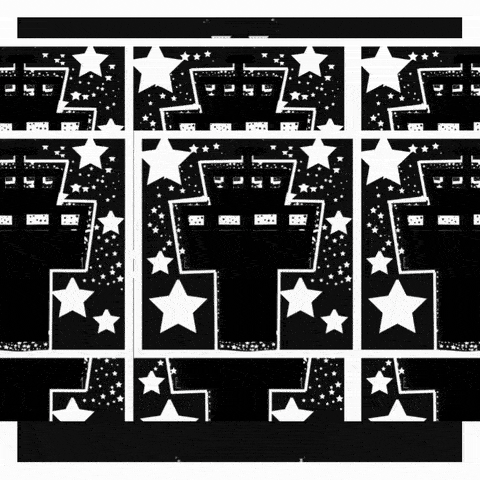Click here to flash read.
Approaching limitations of digital computing technologies have spurred
research in neuromorphic and other unconventional approaches to computing. Here
we argue that if we want to systematically engineer computing systems that are
based on unconventional physical effects, we need guidance from a formal theory
that is different from the symbolic-algorithmic theory of today's computer
science textbooks. We propose a general strategy for developing such a theory,
and within that general view, a specific approach that we call "fluent
computing". In contrast to Turing, who modeled computing processes from a
top-down perspective as symbolic reasoning, we adopt the scientific paradigm of
physics and model physical computing systems bottom-up by formalizing what can
ultimately be measured in any physical substrate. This leads to an
understanding of computing as the structuring of processes, while classical
models of computing systems describe the processing of structures.



